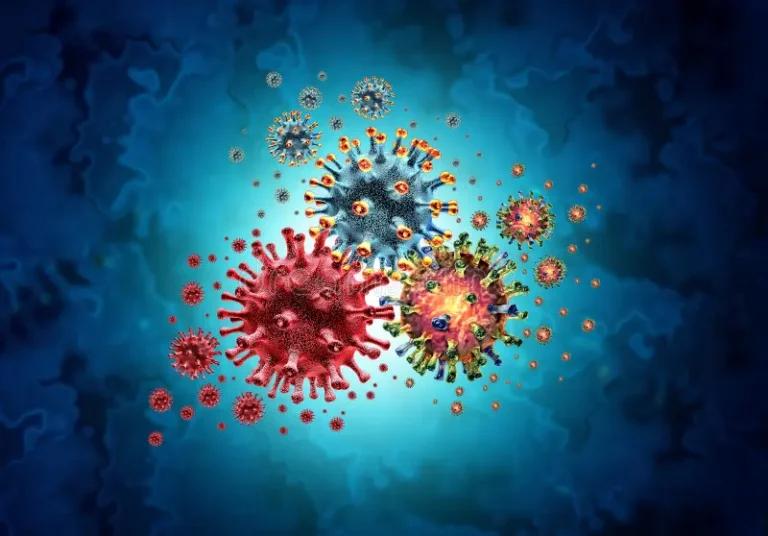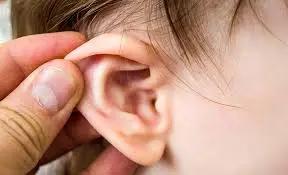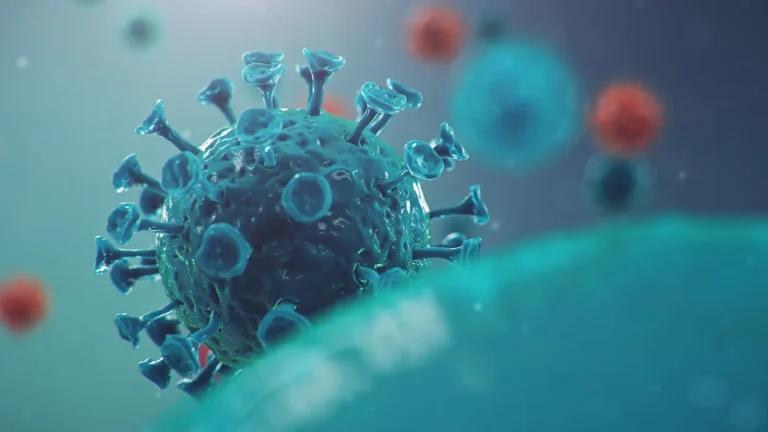
Respiratory syncytial virus (RSV) is a viral respiratory infection that causes common cold-like symptoms such as sneezing and runny nose, but it is also the most common cause of serious illnesses such as bronchiolitis and pneumonia in babies and young children. In this article we will look deeper into what a RSV infection is, its causes, symptoms and how long it lasts.
📝 When is RSV season?
RSV spreads in the autumn and winter along with other respiratory viruses, usually peaking in December and January. Symptoms of respiratory syncytial virus infections make it difficult to distinguish from the common cold or other viral infections like the flu or COVID-19.
📝 How does RSV spread?
This respiratory virus is very infectious, spreading through close contact with a person who has the virus. When an infected person sneezes or coughs (secretions) the virus goes into the air around them and can land in someone else’s eyes, nose or mouth. RSV can also live on hard surfaces for hours. If you touch something that the virus lands on then touch your face you may pick up the virus.
😷 What are common RSV symptoms?
The symptoms of RSV will generally show up in the upper respiratory tract. Symptoms such as:
- Runny nose
- Nasal congestion
- Ear infection
- Mild headache
- Sore throat
- Cough
- Fatigue
- Fever
- Lack of appetite
RSV causes low grade mild cold symptoms in most people, but for others in high risk groups RSV can cause more severe symptoms in the lower respiratory tract, such as difficulty breathing. Serious respiratory illnesses include bronchiolitis or pneumonia which may lead to hospital care.
Bronchiolitis
Bronchiolitis is a lung infection of the small airways in the lungs called bronchioles. When bronchioles are obstructed because there is an inflammation of the tissue inside them causing mucus overproduction, this may lead to trouble breathing and other symptoms.
Pneumonia
Pneumonia is a lung infection that affects the tiny air sacs (alveoli) in your lungs. When you have pneumonia, these air sacs become inflamed and fill with fluid making it harder to breathe.
📅 How long does RSV last?
According to the CDC (Centers for Disease Control and Prevention) RSV can last a couple of weeks for most, with many people able to recover from an RSV infection within two weeks, though coughing or wheezing may last longer.
Recovery may take longer in the following situations:
- Developing a severe RSV infection or complications
- Underlying medical conditions that make it harder to fight off infections
- A condition which causes a weakened immune system
If you develop worsening symptoms or complications from RSV you may need treatment in a hospital.
❗ High risk groups
The virus can affect a person of any age, but presents a higher risk for babies and older people. RSV tends to be particularly tough on babies and toddlers who catch it because the first time is usually the worst. It is also difficult for older adults as their immune systems are weaker and find it harder to fight off infection.
Risk factors in older adults
Adults at highest risk for severe RSV disease include:
- Adults 75 years of age and older
- Adults with heart disease
- Adults with chronic lung disease and other lung conditions e.g. asthma, COPD (chronic obstructive pulmonary disease)
- Adults with weakened immune systems e.g. having a previous organ transplantation
- Adults with certain other underlying medical conditions
- Adults living in nursing homes
- Adults who work in hospitals
Risk factors in young children and babies
Some age groups are at high risk of RSV complications:
- Babies 12 months old and under
- Children 2 years old and under with medical conditions or a weak immune system
- Children 2 years old and under born prematurely or have a low birth weight
- Children with Down syndrome
- Previous congestive heart failure
- Children attending nursery/day-care
- Exposure to tobacco smoke
💊 Treatment
There is no specific treatment to be used to treat RSV. Treatment depends on the severity of symptoms and risk factors.
Treatment for mild illness
- Use saline drops or saline nose spray to help remove thick mucus from the nose
- Over the counter pain relief such as paracetamol or ibuprofen if suitable
- Stay hydrated with plenty of fluids
- Throat lozenges
- Decongestants if suitable
Treatment for severe illness
If your symptoms do not improve you may need to contact a healthcare provider to treat complications. Some hospital treatments may include:
- IV fluids for rehydration
- Oxygen through a mask
- Removal of mucus from airways
👍 Preventing RSV
There are things you can do to lower your risk of getting sick or developing complications, even when things are not in your control:
- Take a RSV vaccine
The NHS approve RSV vaccines for adults between 75 to 79 years of age and pregnant women from 28 weeks onwards. Older adults only need a single dose which should protect them for several years. Some babies may be suitable for monoclonal antibody immunisations such as nirsevimab and palivizumab, if they are at very high risk of getting ill.
- Regular hand washing with soap and water, particularly before preparing food and eating
- Cover your nose and mouth when sneezing or coughing
- Disinfect hard surfaces e.g. doorknobs that have come into contact with people who have cold symptoms
- Discourage close contact with infected people
- Avoid kissing babies on the face and hands
- Avoid large indoor events during RSV season or avoid visiting family or friends when they’re sick
- Wear a mask in public spaces to limit exposure
📝 Conclusion
RSV vaccines and other preventive measures, such as washing your hands frequently, can help stop the spread of the virus and help reduce how long the infection lasts. However recovery will take longer if you have underlying medical conditions. Speak to a healthcare professional about RSV vaccines and for a complete list of medical conditions that lead to an increased risk of severe RSV.
Sources
- Respiratory syncytial virus (RSV) – NHS
- RSV vaccine – NHS
- Respiratory syncytial virus (RSV) – NHS inform
- How RSV Spreads – RSV – CDC
- Respiratory syncytial virus (RSV) – Symptoms & causes – Mayo Clinic
Medical Disclaimer
NowPatient has taken all reasonable steps to ensure that all material is factually accurate, complete, and current. However, the knowledge and experience of a qualified healthcare professional should always be sought after instead of using the information on this page. Before taking any drug, you should always speak to your doctor or another qualified healthcare provider.
The information provided here about medications is subject to change and is not meant to include all uses, precautions, warnings, directions, drug interactions, allergic reactions, or negative effects. The absence of warnings or other information for a particular medication does not imply that the medication or medication combination is appropriate for all patients or for all possible purposes.








